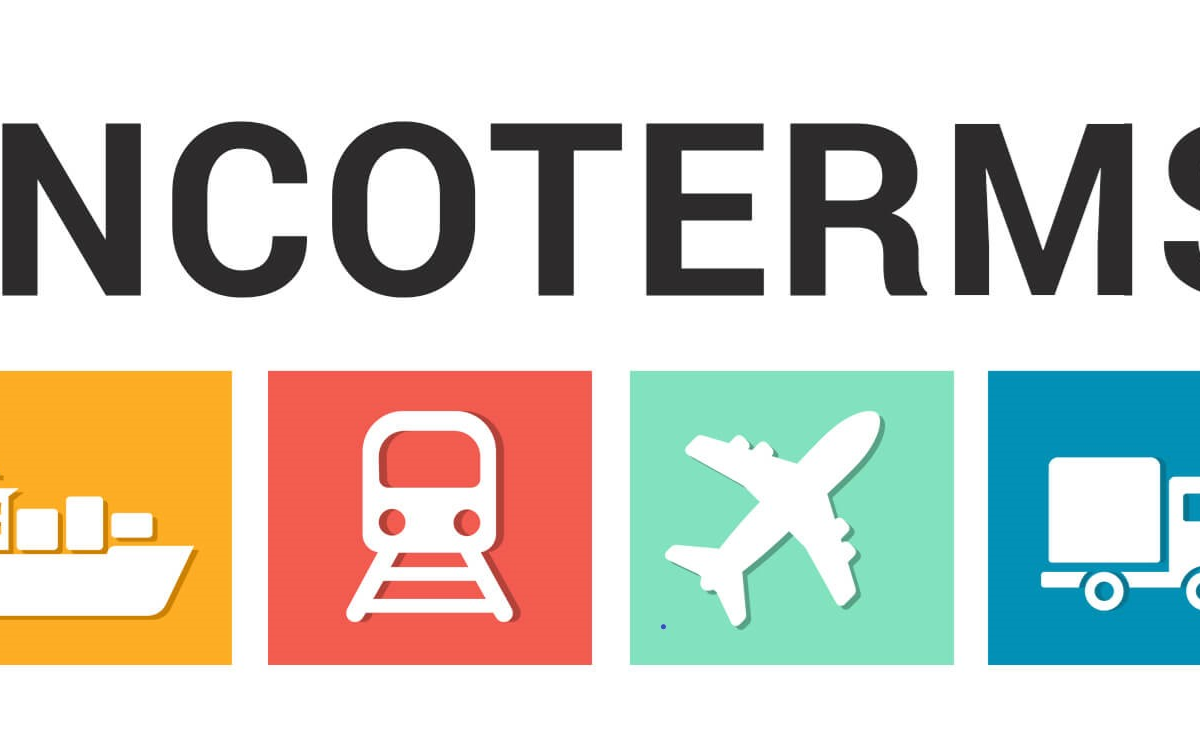–
The global economy still feels the impact of President Donald Trump’s tariff policy. A huge 104% import tax on Chinese goods is in place. This strong action has caused much debate. The policy aims to fix trade imbalances. It also wants to boost U.S. manufacturing. But its effects create widespread economic uncertainty. Political tension is also high.
Tariffs Strain U.S.-China Relations
China is the main target of these tariffs. It responded with a big countermove. An 84% tariff is now on U.S. goods. Beijing calls U.S. actions “hegemonic.” This escalates the trade conflict. The tariffs from China have strained ties. These are between the world’s two largest economies. As tensions grow, global trade networks struggle. Businesses face many challenges.
Economic Problems Spread
The tariffs’ economic fallout is broad. U.S. stock markets have been very unstable. Investor mood changes fast with trade news. American businesses feel higher import costs. This leads to higher prices for consumers. Critics point to rising inflation. This reduces buying power for people. Businesses, especially small ones, face financial instability. They are least able to handle extra costs.
A Global Domino Effect
The trade war focuses on the U.S. and China. Its effects go far beyond. Asian economies are feeling the shock. This includes Japan and South Korea. Their supply chains are disrupted. In Europe, EU leaders are worried. The trade dispute could cause bigger economic conflicts. Global trade flows are unpredictable. Companies worldwide are scrambling for backup plans.
TradeFlex Group: Your Partner in Tariff Turmoil
At TradeFlex Group, we understand today’s trade. It is turbulent, needs expertise and, adaptability with new ideas. TradeFlex Group leads as a global partner for businesses. We offer smart strategies. These lessen tariff impacts. They optimize supply chains.
Our services include:
- Tariff Optimization: We lower operational costs. We use smart tariff engineering. It fits your business needs.
- Customs Compliance: We ensure smooth cross-border operations. We follow complex international rules.
- Duty Reduction Programs: We help you save money. We use special trade agreements. We offer duty drawback plans.
- Regulatory Consultation: Get expert advice. We clarify complex customs policies. We ensure you stay compliant. We help avoid delays or fees.
Partner with TradeFlex Group. You can confidently handle global trade. We help you stay strong with changing policies. We help with economic uncertainty.
Looking Ahead: Navigating Uncertain Trade
Trump’s tariff policy effects are developing. Supporters say it builds self-reliance. Evidence shows high costs for businesses and consumers. As the trade conflict continues, companies must be proactive. They need to survive and grow through challenges.
TradeFlex Group helps businesses overcome obstacles. We turn disruptions into growth chances, foster innovation and, aim for excellence. This makes us the partner businesses need now.
Together, we can shape the future of global trade. We make supply chains simple. This helps you be nimble.



